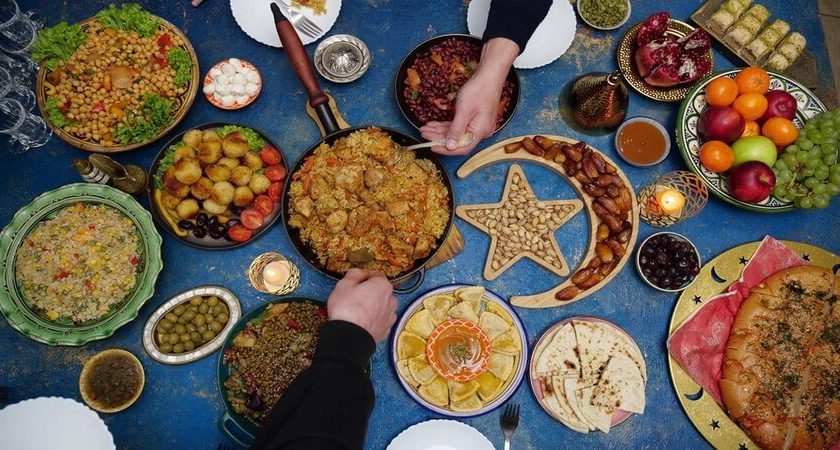TAP FOR WELLNESS

Enjoying Eid Festivities While Staying Healthy: A Guide for Diabetic Patients.
Eid ul-Fitr is a time of celebration for Muslims all over the world. After a month of fasting during Ramadan, families come together to share meals and exchange gifts. However, for people with diabetes, this holiday season can be challenging. With all the delicious and tempting food available during Eid, it's easy to overindulge and compromise your health.
As a diabetic patient, it's crucial to monitor your diet and control your blood sugar levels throughout Eid. It is important to pay attention to your diet and manage your blood sugar levels during Eid. Here are some tips to help you stay healthy while enjoying the festivities:
- Plan Ahead
Before heading out for Eid festivities, plan your meals and snacks in advance. This will help you keep track of your carbohydrate intake and ensure that you stay within your recommended daily allowance. Make a list of nutritious items you can consume and pack your own snacks to avoid the temptation to eat sugary sweets.
- Choose Healthy Food options
When it comes to selecting Eid dishes, choose healthy options such as grilled meats, vegetables, and salads. Avoid fried and oily meals as they can cause blood sugar levels to spike. Bring a dish that is healthful that you can eat without worrying about your blood sugar levels if you are going to a potluck.
- Control Portion Sizes
It's essential to keep portion sizes in check, even on special occasions like Eid. Use smaller plates to help you control the amount of food you eat. Take your time to enjoy your meal and savor each bite. Eating slowly will help you feel satisfied, aid in digestion and will prevent overeating.
- Stay Hydrated
Drink plenty of water and sugar-free beverages throughout the day. This will help you stay hydrated and prevent overeating. Avoid sugary beverages that can raise your blood sugar levels, such as soda and fruit juices.
- Limit Sweets Delicacies
Eid is known for its sweet delicacies, but it's important to limit your intake of sugary foods. Choose sugar-free desserts or opt for fruits instead. If you do decide to indulge in sweets, keep a close eye on your blood sugar levels and modify your insulin dosage as needed.
- Stay Active
Physical activity can help regulate blood sugar levels, so try to stay active during Eid. After meals, go for a stroll or do some mild exercise to assist your body metabolize food. This will also help you burn off any excess calories you may have consumed during the day.
Enjoy all the celebrations of Eid without compromising your health just by following these tips. Remember to listen to your body, and if you have any concerns, consult with your healthcare provider. Eid Mubarak!
References:
https://www.diabetes.org.uk/guide-to-diabetes/managing-your-diabetes/healthier-eid
https://combiphar.com/en/article/tips-to-celebrate-eid-al-fitr-for-people-with-diabetes
